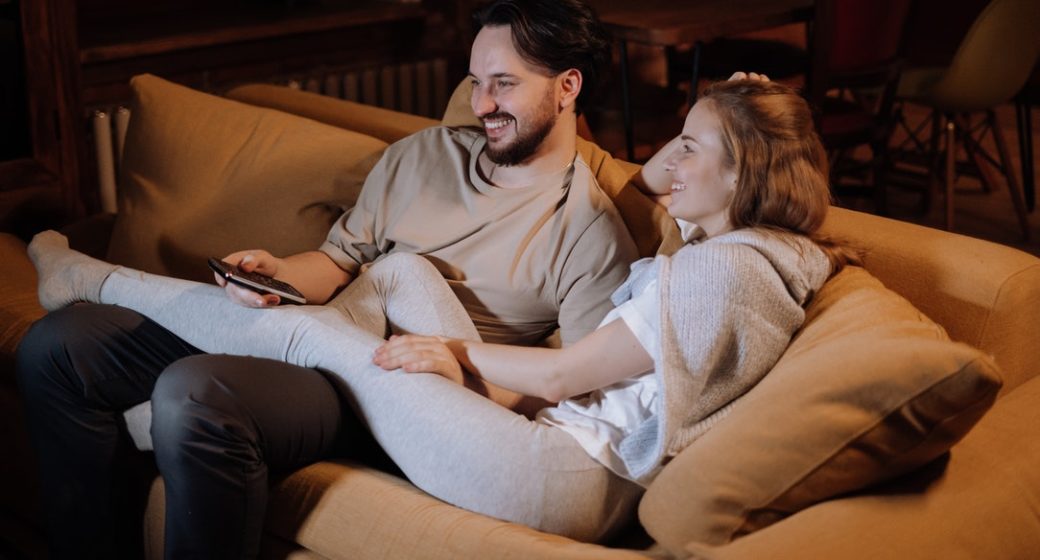
How my hearing loss has made me a better astrologer
December 13, 2019
Watch: How are hearing aids made?
December 17, 2019Does your spouse wear a cochlear implant? Here’s how to support them

What is the best way to support your deaf or hard of hearing spouse?
From dating to marriage to parenthood, David and Heather Cluff share their perspectives on how to best support your spouse with a cochlear implant.
The couple has been together since they were in their 20’s and have learned plenty about communication and supporting a significant other with a hearing loss along their journey together.
David has worn a cochlear implant since his childhood. He lost his hearing at age six and received a cochlear implant not long after that. When he received his first cochlear implant, he recalls depending on his parents for support as he started the process of relearning sounds.
Meeting Heather
When David and Heather met, Heather already had some background knowledge about deaf culture and hearing technology.
“When I met my wife, Heather, she had already taken a few ASL classes in high school and had some understanding of how cochlear implants work,” David explains. “I got lucky in that area but even with that knowledge there still comes challenges that require patience and understanding.”
Communication was prioritized in their relationship, which helped their relationship grow strong. A tip David recommends to other couples is to repeat to your partner what you heard them say to double-check that you heard them properly. This eliminates many miscommunications and can prevent either spouse from thinking that their partner isn’t listening to them.
This can also lead to laughter and bonding over what was thought to have been said, which David thinks is important for all relationships.
“It’s okay to laugh,” David encourages others to find humor in their communication. “Remember that life is not perfect. In this case, my ears are not perfect. When Heather and I are driving around I often mistake some words for something similar and it leaves a weird look on my face as what I think I hear makes no sense. In this case, I tell Heather what I thought she said and this usually results in her laughing hysterically because it was far off of what she was saying. I join in the laughing and learn what was really said.”
Read more: 3 things to know about living with someone with hearing loss
Supporting your deaf spouse
When Heather first met David, she was interested in his cochlear implants and curious to know more about how they work.
“As I got to know him more, they just became a part of who he is,” she says.
One of the biggest adjustments for Heather was knowing David couldn’t hear her when he took his Implants off at night.
“We sign when he doesn’t have his implants on, but it’s very basic sign language,” Heather explains.
In addition to finding alternative ways to communicate, Heather recommends using empathy to help support your spouse.
“Try to put yourself in their shoes if something is frustrating for them that you can’t quite understand, says Heather. “While we can’t know exactly what they are going through, we can try to be aware of situations that may be stressful or challenging for them and see what we can do to help. Be supportive, be patient with each other and, like David said, learn to find the humor in awkward situations.”
David and Heather show how differences can bring couples closer together. Strong communication, laughter, and empathy are ways you can show support to your deaf spouse.
What tips would you recommend?



